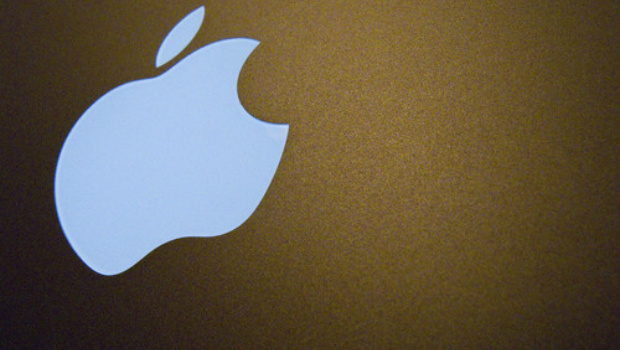A jury has ordered Samsung to pay $290 million to Apple for infringement of several of its patents in multiple Samsung smartphones and tablets.
The verdict, reached on the third day of deliberation by the eight-person jury, is less than the $380 million Apple was demanding for the infringement, but it’s much more than the $52 million that Samsung had been arguing it should pay.
Apple got the entire amount of lost profits and royalties it had been arguing for and most of the cut of Samsung’s profits it demanded.
The verdict represents a second victory for Apple in its multiyear patent fight against Samsung in the US District Court for the Northern District of California.
Last year a jury in the same San Jose courtroom ruled Samsung should pay just over $1 billion for infringement of five Apple patents in multiple Samsung phones and tablets. But afterward, Judge Lucy Koh ordered a new trial to reconsider $450 million of the damages after finding the previous jury had applied an “impermissible legal theory” to its calculations. Thursday’s verdict is the result of that new trial.
With Thursday’s verdict, Samsung currently owes Apple about $930 million.
“For Apple, this case has always been about more than patents and money,” Apple said in a statement. “It has been about innovation and the hard work that goes into inventing products that people love. While it’s impossible to put a price tag on those values, we are grateful to the jury for showing Samsung that copying has a cost.”
“We are disappointed by today’s decision, which is based in large part on a patent that the US Patent and Trademark Office has recently deemed invalid,” Samsung said in reaction to the news. It said it would continue to move forward with post-trial motions.
Lack of evidence
Jurors spoke of initial disagreement on several of the key issues in the case.
“We really butted heads on some of the issues and said to ourselves, if we can’t agree on this then we might as well go to the judge and tell her we’re hung,” said Colleen Allen, an emergency room nurse who served as jury forewoman, in an interview outside the courthouse.
But the jury, which originally thought it might have to work until Friday or Monday, worked through the evidence and expert testimony, slowly moving toward their unanimous verdict.
In the end, Samsung just didn’t present enough evidence to back up its case, several jurors said.
Over the course of the five-day trial, Apple argued that it would have sold hundreds of thousands more iPhones had it not been for Samsung’s infringement, and therefore it’s owed hundreds of millions of dollars it alleged Samsung made in profit from sales of infringing devices.
Samsung presented market research surveys conducted by Apple and third parties that showed a myriad of reasons why people bought its phones, including the large screens, longer battery life and close integration with Google. It argued that the presence of the patented Apple technology wouldn’t have changed these purchase decisions and so Apple lost no sales.
“Not even one person? That was hard to believe,” Allen said.
Jurors said they awarded Apple the entire $114 million that it was claiming in lost profits – Samsung was arguing for zero; an additional $35 million it wanted in reasonable royalties – Samsung had argued for just $28,452; and $142 million from Samsung’s profits, which was less than the $231 million Apple wanted but more than the $52 million Samsung had argued for.
No home advantage
The testimony of Apple’s damages witness, Julie Davis, was particularly impressive, several jurors said.
“It was very helpful,” said Justine Aguilar-Blake, who works at Stanford University and was the youngest member of the jury. Samsung had argued that it made much less money on each of the infringing phones than Davis had claimed, but Aguilar-Blake said the jury decided Samsung didn’t present enough evidence to support its claim.
Jurors who spoke to reporters outside the courthouse also agreed that Apple didn’t enjoy any home-field advantage against Samsung.
“I was raised in Fremont and Apple moved in when I was a kid. But I have a Samsung TV and refrigerator and an Apple computer,” Allen said. And when it came to defining one as local and one as foreign, “Both companies import and export from other countries anyway,” she said.
The case has been shadowing a fierce battle between Apple and Samsung in the smartphone marketplace. At the end of the third quarter, Samsung enjoyed a 32% share of the global market compared to Apple’s 12%, according to figures from Gartner.
That global market will benefit from at least one sale as a result of the case.
One juror, who is currently using an old Nokia cellphone, decided to buy a smartphone after sitting through the testimony and trying out the devices that made up part of the evidence in the case.
Did he decide on an Apple or Samsung smartphone? “He said he liked a Sony,” said Allen.
Martyn Williams, IDG News Service
@martyn_williams martyn_williams@idg.com








Subscribers 0
Fans 0
Followers 0
Followers